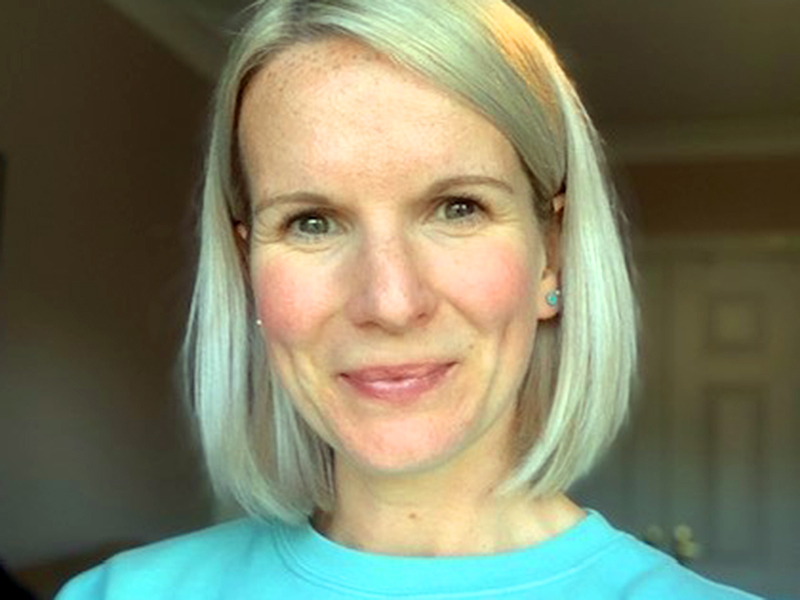Emma Jackson: every day people act with compassion to reach out to those in their community who need advice, practical support and care
It’s been almost two months since I joined the social justice team at Citizens Advice Scotland (CAS).
Having focused my career on tackling inequality, there were many reasons why I wanted to make the move to CAS. At the top of the list was the opportunity to work for a values based organisation, and one with such compelling values.
Values are the deeply ingrained principles and beliefs that guide actions. Be that individually, corporately or indeed societally. At CAS, our values are for all that we do to be; person centered, empowering, supportive, inclusive and collaborative. They are the coordinates on the map that we will not stray from, pointing us towards our north star – presenting challenges and opportunities alike as we put them into practice.
Researcher and storyteller Brene Brown writes: "Living into our values means that we do more than profess our values, we practice them. We walk our talk". Our values should both enable us to create the future that we want to experience and provide us with the opportunity to experience that vision in the here and now.
Of all of our values, it’s that of being collaborative that fills me with such hope. It’s undeniable that we face some deeply entrenched issues across society at present. The scars of austerity run deep and affect key communities disproportionately. The climate emergency demands that we must move to a just transition at pace. And the reality is the cost of living crisis is costing people their lives. Daily advisers at the 59 Citizen Advice Bureaus across Scotland encounter people experiencing some of the most outrageous and heartbreaking situations.
And while we remain committed to capture and analyse the unique and extensive data that we have at CAS to narrate the depth and scale of the issues people in Scotland face, there is a uniting determination that refuses to believe that this is all that we can do. That this is the best that we can offer each other.
Through collaborating with our CAB network, with those who use our advice services and colleagues across the third sector, we strive to bring our lived and learned experience together to coproduce the policies and possibilities that are needed to bring about change. Collaborating with those in government to not just find the solutions we need but deliver them, making a meaningful impact for the better in people's lives.
Collaboration isn’t always easy and can require time and effort to build trust and find common ground. So much of the discourse over the last few years on a range of topics has been so deeply polarizing. Binary positions that can appear so very far apart. Yet there is a shared middle that runs through the Venn diagram of civic society in Scotland. A middle that holds space for our shared humanity and our shared values of compassion and justice.
Every day people act with compassion to reach out to those in their community who need advice, practical support and care. And every day people are working to tear down the broken structures and systems that create and perpetuate the injustice that far too many people face.
Connecting and collaborating to build the just and compassionate Scotland that we know is possible.
Emma Jackson is the strategic lead for social justice at Citizens Advice Scotland.
This article originally appeared in the Herald.







